According to a recent study, incorporation of heart cells derived from human stem cells can be the key to develop a much-needed treatment for heart failure. This study was funded by the BHF (British Heart Foundation) and was published in the journal Nature Biotechnology. The scientists have discovered that by transplanting an area of impaired tissue with an amalgamation of heart muscle cells and supportive cells extracted from the outer layer of the heart wall, they might be able to aid the organs getting better from the damage induced by a heart attack. Apparently, the researchers have been trying to use stem cells to recover damaged hearts for a number of years. So far, the attempts have been unsuccessful so far as the majority of transplanted cells die in just a few days.
Dr. Sanjay Sinha—from the University of Cambridge—along with his team in collaboration with scientists at the UW (University of Washington) have utilized supportive epicardial cells extracted from human stem cells to make transplanted heart cells survive longer. The scientists utilized 3-D human heart tissue developed in the laboratory from human stem cells to analyze the cell combination. They discovered that the supportive epicardial cells aided heart muscle cells for growing and developing. They also enhanced the heart muscle cell’s capability to compact and relax.
Similarly, recently, a study showed that common prostate cancer treatment might advance peril of deadly heart condition. Many men having prostate cancer depend on common testosterone-locking drugs as a part of their plan of care. But according to new research, those so-called antiandrogens also can place those patients at a risk for a fatal heart condition. The research was published in the AHA’s (American Heart Association) journal Circulation. The researchers studied how several testosterone-locking drugs impact the heart’s QT interval, which is the time the heart cells takes to recharge in between pulse.

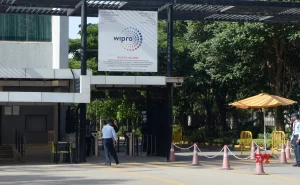
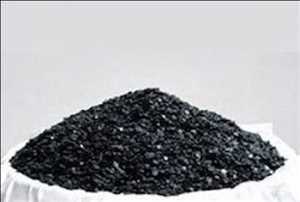
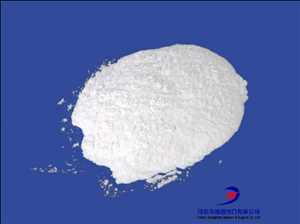

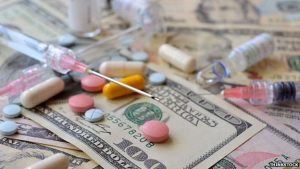
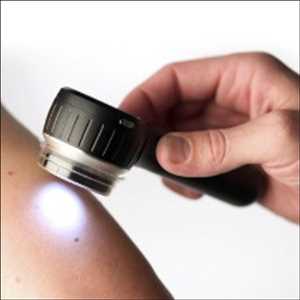
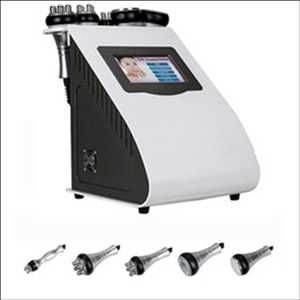
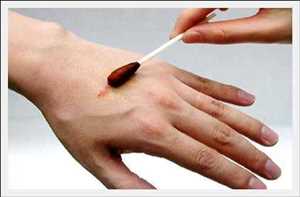

Be First to Comment